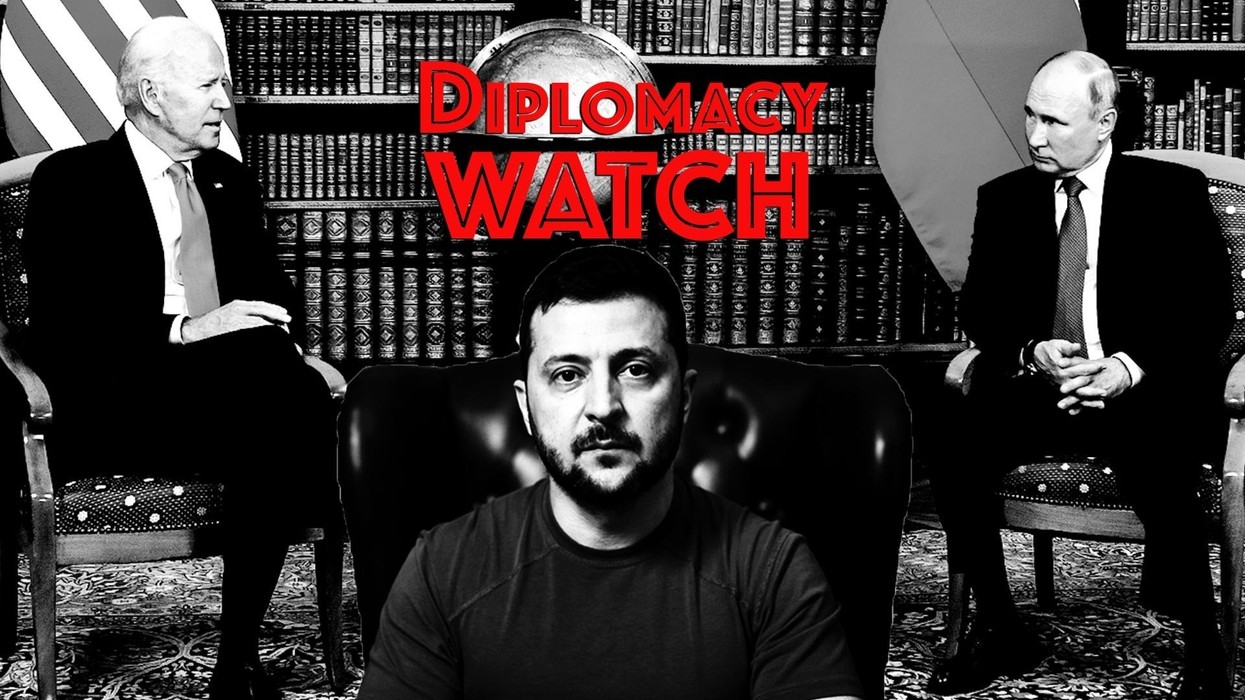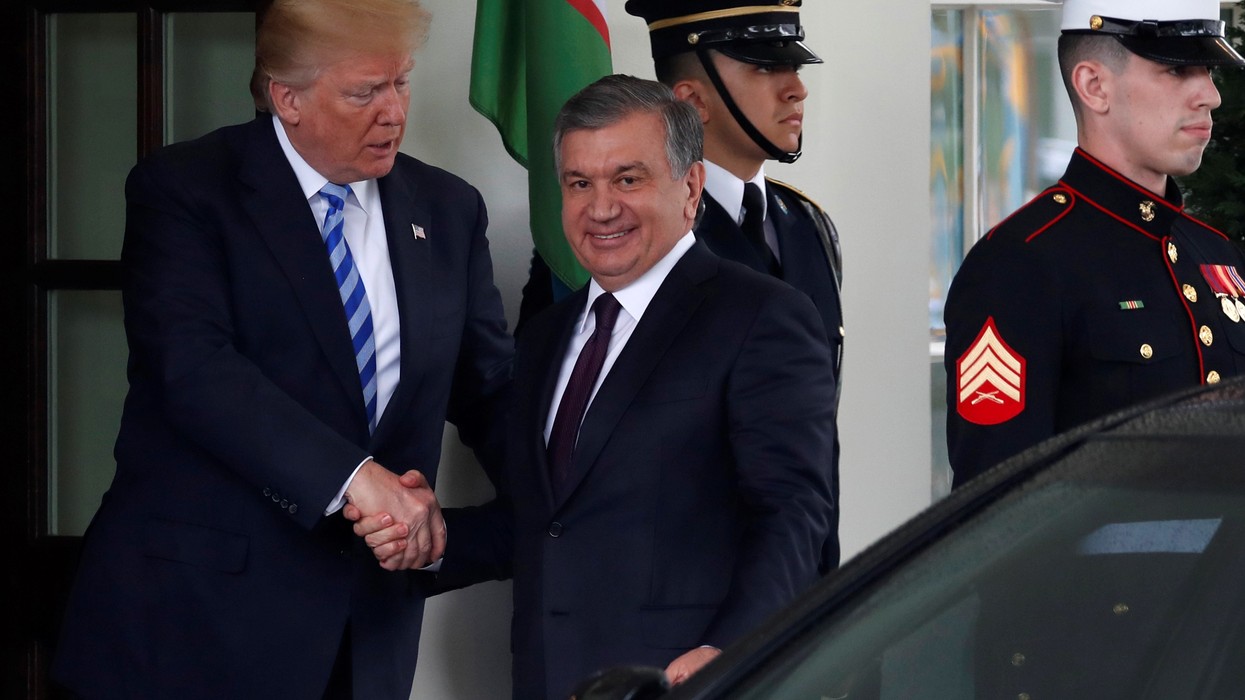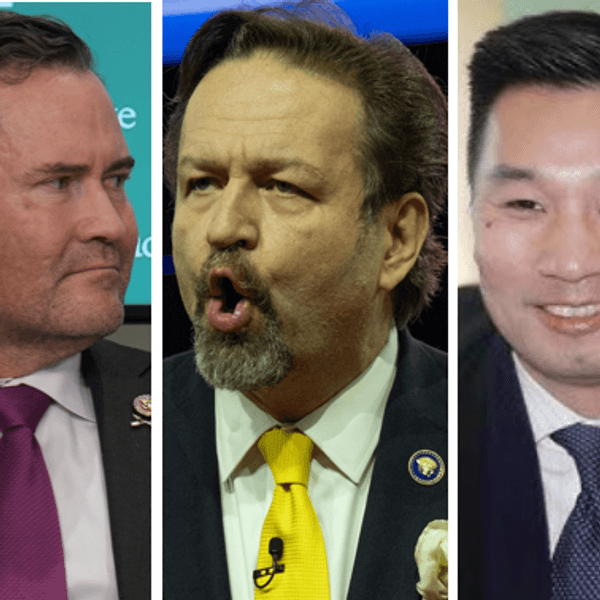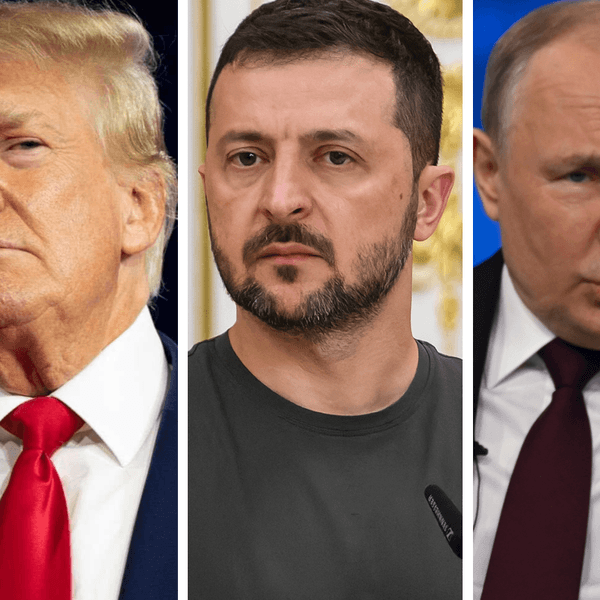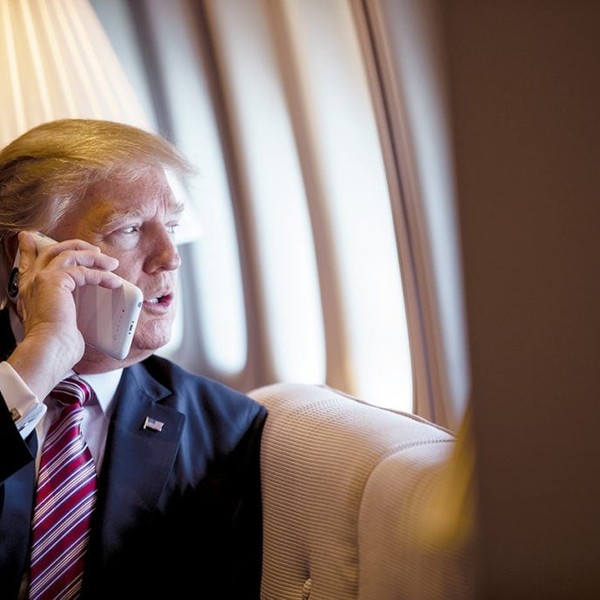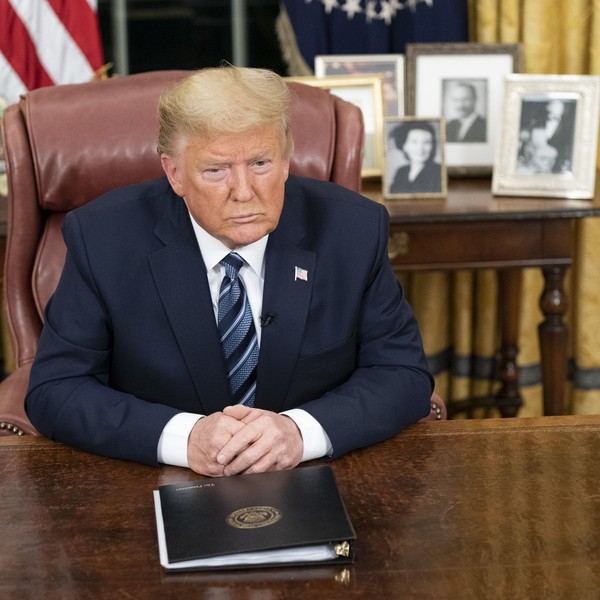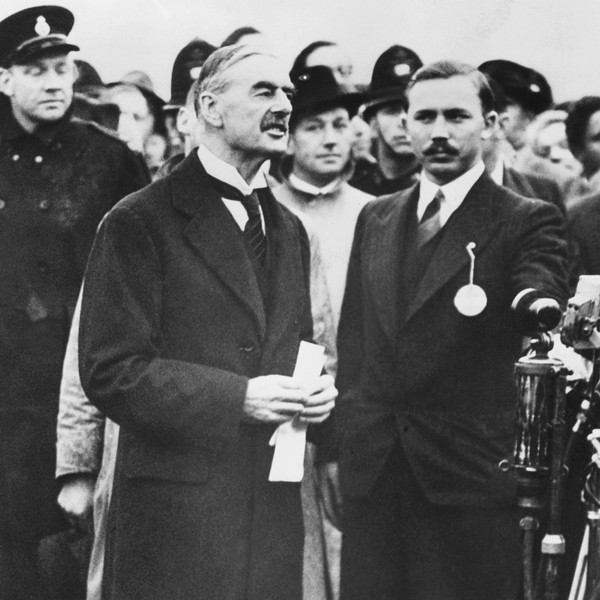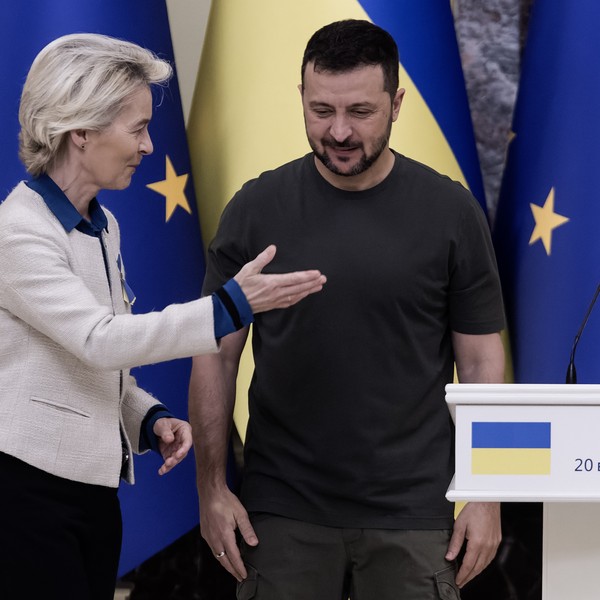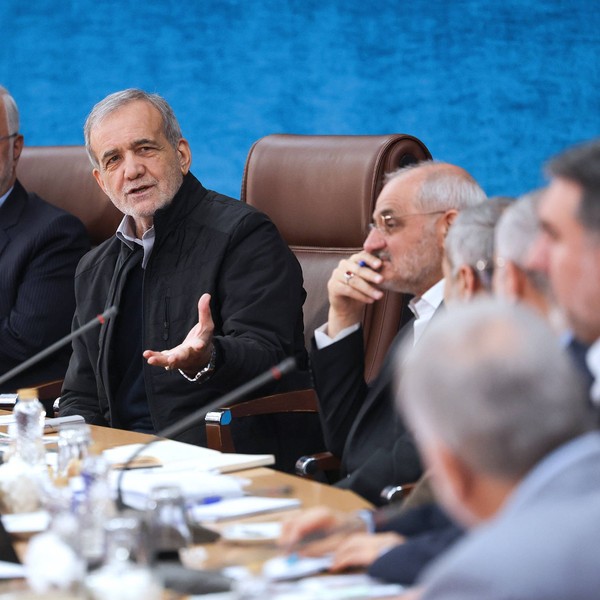There is a growing drumbeat in Congress in favor of authorizing the use of military force against Mexican drug cartels.
Reps. Dan Crenshaw (R-Texas) and Michael Waltz (R-Fla.) introduced a resolution in the House earlier this year that would give the president broad authority to use force “against those responsible for trafficking fentanyl or a fentanyl-related substance into the United States or carrying out other related activities that cause regional destabilization in the Western Hemisphere.”
In recent weeks, more members of Congress have expressed their support for using force against the cartels, including Sen. Lindsey Graham (R-S.C.) and Rep. Marjorie Taylor Greene (R-Ga). In a recent interview with Steve Bannon, Taylor Greene said, “The real drum we should be beating for war is the one against the Mexican cartels, because that’s the one I’m beating.”
Military intervention against the cartels is a fundamentally unserious and reckless proposal that will not remedy any drug-related problems that our country has. At best, it is a bad answer to a real problem, and at worst it is a desperate exercise in distraction and demagoguery. Further militarization of the drug war is the worst thing that the U.S. could do.
Using force against Mexican cartels might temporarily disrupt their operations, but any gains made would quickly be erased as new criminal organizations fill any voids that might be created. So long as there is demand in the U.S. for illicit narcotics, there are going to be criminal groups that will seek to control the trade. There is no military solution in other countries to the deep social maladies that afflict the United States. In that sense, calling for military intervention here is a classic example of reflexive “do somethingism.” It would be a misuse of the U.S. military and a waste of time and resources.
Whatever form the intervention took, it would further contribute to the violence and instability that have wracked Mexico, and once it began it would be difficult to wind down. Despite more than twenty years of failed militarized counterterrorism, some members of Congress have concluded that this model should be applied to combating narcotrafficking.
The U.S. needs a less militarized foreign policy in general, and it shouldn’t be looking for new tasks to give the military. As Reason’s Fiona Harrigan put it recently, “Combining the war on drugs with the war on terror is a recipe for an expensive and ineffective mess of foreign engagement.”
The open-ended nature of this authorization would lead to a new endless war that would achieve nothing except to inflict more death and destruction in Mexico and possibly in other neighboring countries as well. The language of the authorization is so broad that it would give the president a blank check to use force anywhere in the hemisphere as long as it is somehow tenuously connected to this drug smuggling. Any administration that used the military for these purposes would be poisoning U.S. relations with Mexico and the rest of the hemisphere for a generation.
Supporters of intervention have been agitating for a military option for some time. When Donald Trump was president, he entertained the possibility of labeling cartels terrorist organizations as a prelude to striking at them. In the end, the Trump administration didn’t follow through on these ideas in response to protests from the Mexican government, but the idea of targeting cartels with the U.S. military has been gaining in popularity among “populist” Republicans aligned with Trump ever since.
Following up on Crenshaw and Waltz’s resolution, former Attorney General Bill Barr laid out a questionable legal case for intervention in The Wall Street Journal. Barr was attempting to get around the stubborn problem that the Mexican government has repeatedly denounced any suggestion of U.S. military intervention against the cartels, and his arguments weren’t very persuasive.
When one of the Journal’s own columnists, Mary Anastasia O’Grady, criticized the proposed use of force as “insane,” Crenshaw wrote in to defend his resolution and to accuse O’Grady of distorting his position. “No one is talking about an invasion or a war with Mexico,” Crenshaw protested.
Be that as it may, what Crenshaw can’t explain is how the U.S. would be conducting military operations in Mexico over the express objections of the Mexican government. He presents his resolution as a way of working alongside the Mexican military, but barring a radical change in the Mexican government’s position, there is no chance of any such cooperation.
Supporters of intervention against the cartels tout the success of Plan Colombia as an example that what they are proposing can work, but they are wrong. As Daniel Raisbeck of the Cato Institute has explained, “Plan Colombia’s anti-narcotics element was an unqualified failure.” In the Colombian case, the U.S. had the cooperation of a partner government and it still didn’t work. U.S. military intervention is rarely successful at the best of times, and attempting to use the military to police drug cartels in defiance of the local government is sure to fail.
There is no question that the Mexican government is opposed to the proposed intervention. Mexican President Andrés Manuel López Obrador has been adamant that Mexico will not tolerate any interference in its affairs. Calling the proposed military intervention “irresponsible” and an “offense to the people of Mexico,” López Obrador stated again earlier this month that his country must be respected.
“We are not a protectorate of the United States or a United States colony,” he added. The anti-cartel resolution is a throwback to the worst periods in U.S.-Mexican relations when our government trampled on our neighbor’s sovereignty at will. If it passed, it would be a cause of intense resentment against the United States.
There is also a constitutional concern with the resolution. As a matter of principle, Congress should never again grant the president the sort of sweeping authority that it gave in the wake of the 9/11 attacks. This anti-cartel resolution is arguably even less limited and more prone to abuse than the 2001 AUMF.
Even if the current administration wouldn’t act on this proposed AUMF, it would be like having a loaded gun lying around waiting for some future president to use it. Hawks in Congress are clamoring to give the president power that he isn’t even seeking, and that makes a complete mockery of Congress’ role in matters of war. We need Congress to be reining in the executive, not handing it more power.
The influx of fentanyl into the country is a real problem, but it is not going to get better by using force outside our borders. The U.S. should be reckoning with the failure of the drug war and the tremendous damage that it has already done to many countries in Latin America, including Mexico. What Rep. Crenshaw and his allies propose would compound these earlier errors.
The government should focus its efforts on curbing demand on our side of the border and funding treatment and rehabilitation services. The U.S. is not going to kill its way out of its drug problems, and our government’s addiction to using force to respond to every problem needs to be brought under control.

